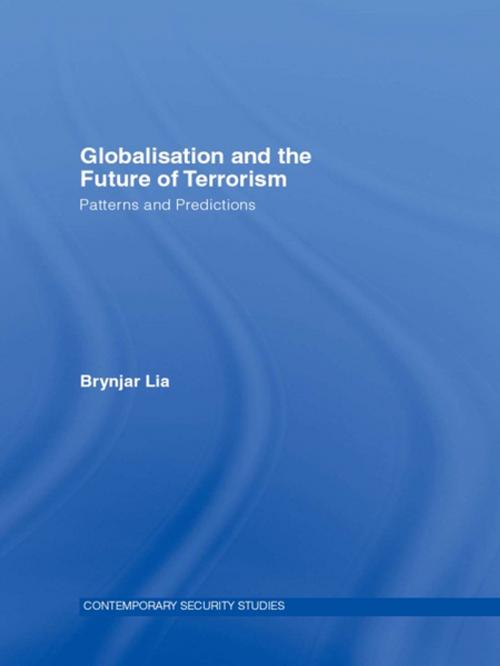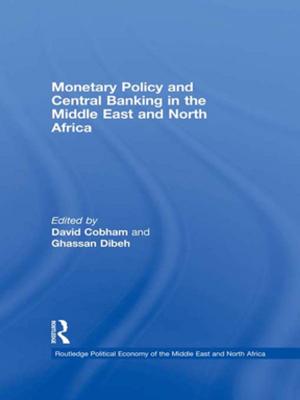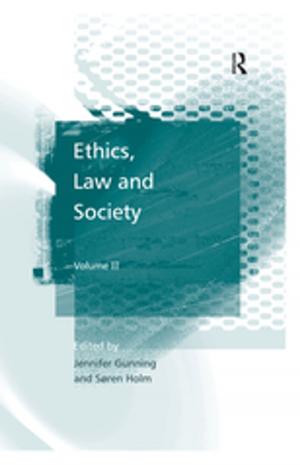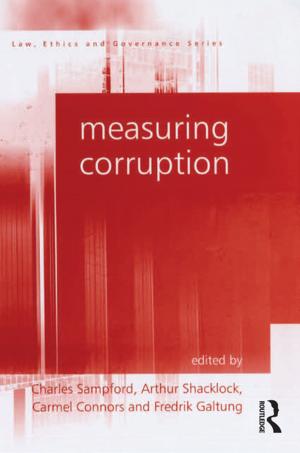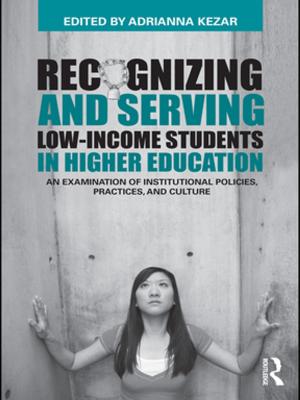Globalisation and the Future of Terrorism
Patterns and Predictions
Nonfiction, Social & Cultural Studies, Political Science, International, International Security, History, Military| Author: | Brynjar Lia | ISBN: | 9781135775261 |
| Publisher: | Taylor and Francis | Publication: | May 7, 2007 |
| Imprint: | Routledge | Language: | English |
| Author: | Brynjar Lia |
| ISBN: | 9781135775261 |
| Publisher: | Taylor and Francis |
| Publication: | May 7, 2007 |
| Imprint: | Routledge |
| Language: | English |
This new study is devoted to understanding how international terrorism is shaped, how it evolves and what we can expect in the future.
Drawing upon research and methods outside the traditional focus, and by taking both a theoretical approach and a new practical predictive perspective, it delivers a fresh and fascinating contribution to terrorism studies.
While predicting terrorism is a highly speculative business, there are ways of identifying certain long-term causes, driving forces and their links with society. Terrorists are usually integral players in local and sometimes global politics. Hence, when the local, regional and international contexts change, so does terrorism.
Thoroughly reviewing the body of literature on the causes of terrorism, this study also combines predictive and futuristic analyses on globalisation, supported by a range of key case studies. It spans from the transformation of international relations, the globalisation of the market economy, demographic factors, ideological shifts and technological changes. The result is a set of key conclusions about the future patterns of terrorism, which are not simply best guesses, but also backed up by solid research.
This book will be of great interest to all students and scholars of terrorism, globalisation, politics and international relations.
This new study is devoted to understanding how international terrorism is shaped, how it evolves and what we can expect in the future.
Drawing upon research and methods outside the traditional focus, and by taking both a theoretical approach and a new practical predictive perspective, it delivers a fresh and fascinating contribution to terrorism studies.
While predicting terrorism is a highly speculative business, there are ways of identifying certain long-term causes, driving forces and their links with society. Terrorists are usually integral players in local and sometimes global politics. Hence, when the local, regional and international contexts change, so does terrorism.
Thoroughly reviewing the body of literature on the causes of terrorism, this study also combines predictive and futuristic analyses on globalisation, supported by a range of key case studies. It spans from the transformation of international relations, the globalisation of the market economy, demographic factors, ideological shifts and technological changes. The result is a set of key conclusions about the future patterns of terrorism, which are not simply best guesses, but also backed up by solid research.
This book will be of great interest to all students and scholars of terrorism, globalisation, politics and international relations.
